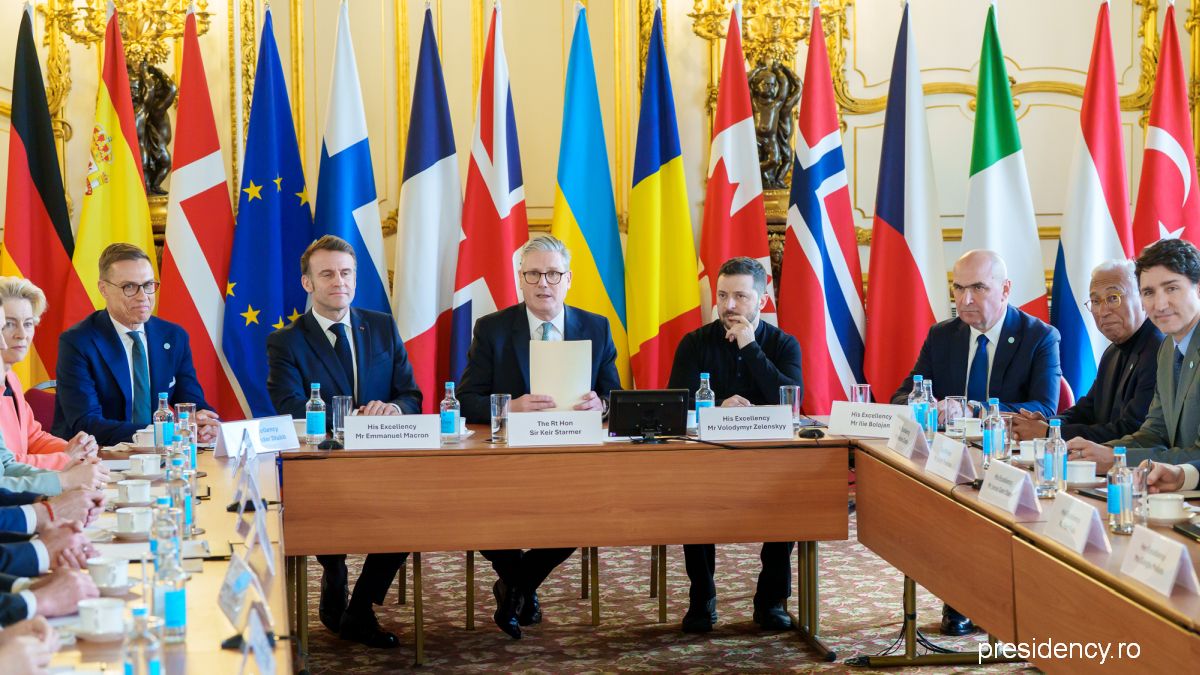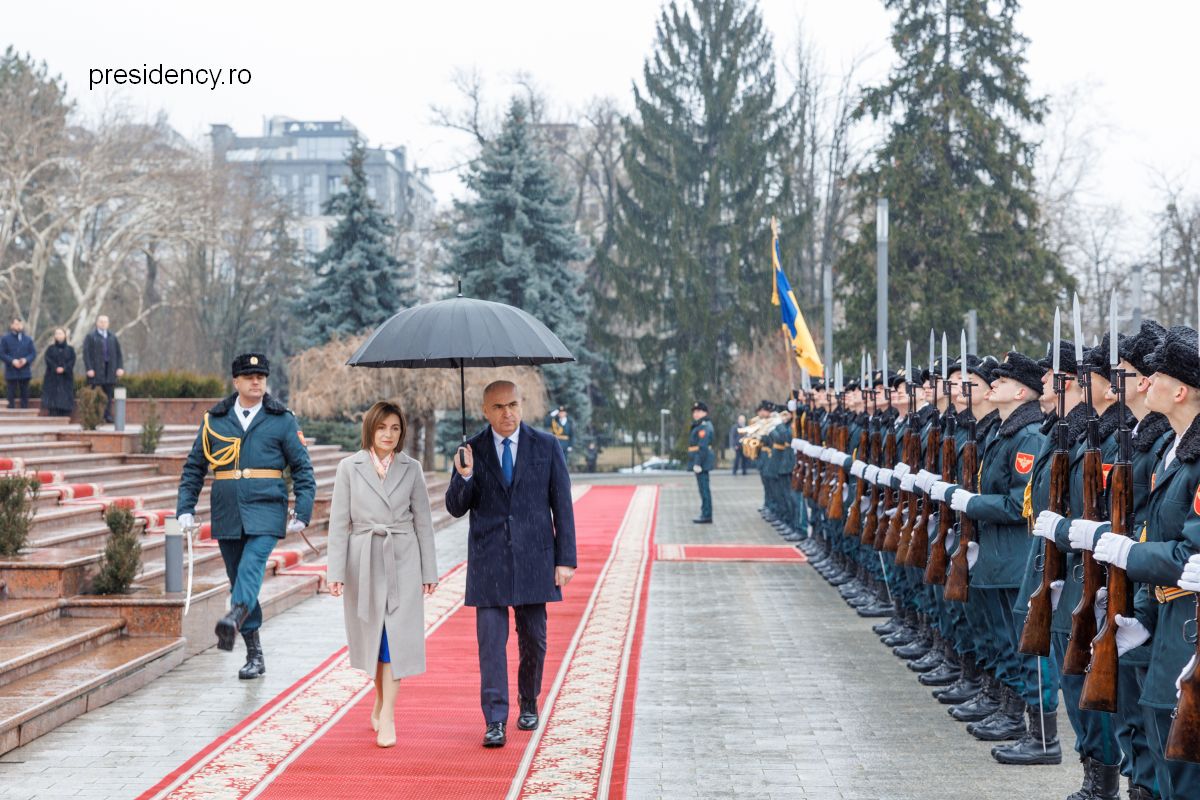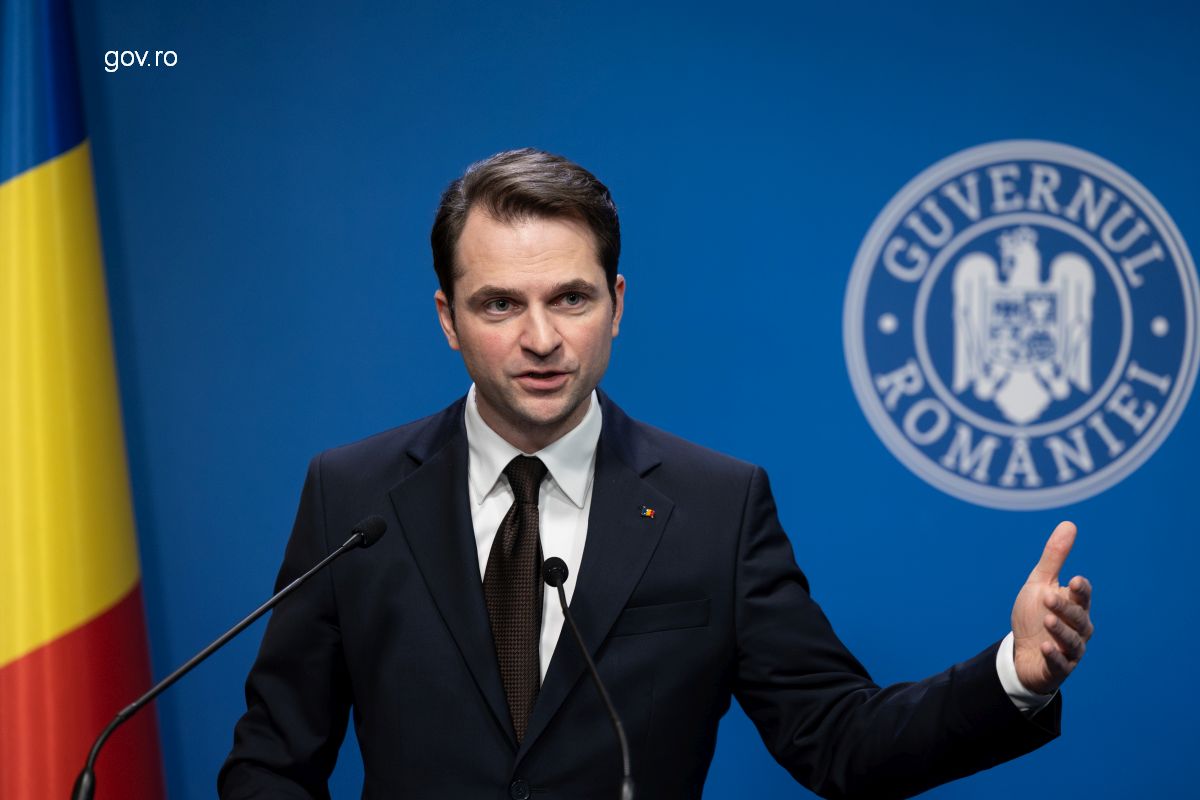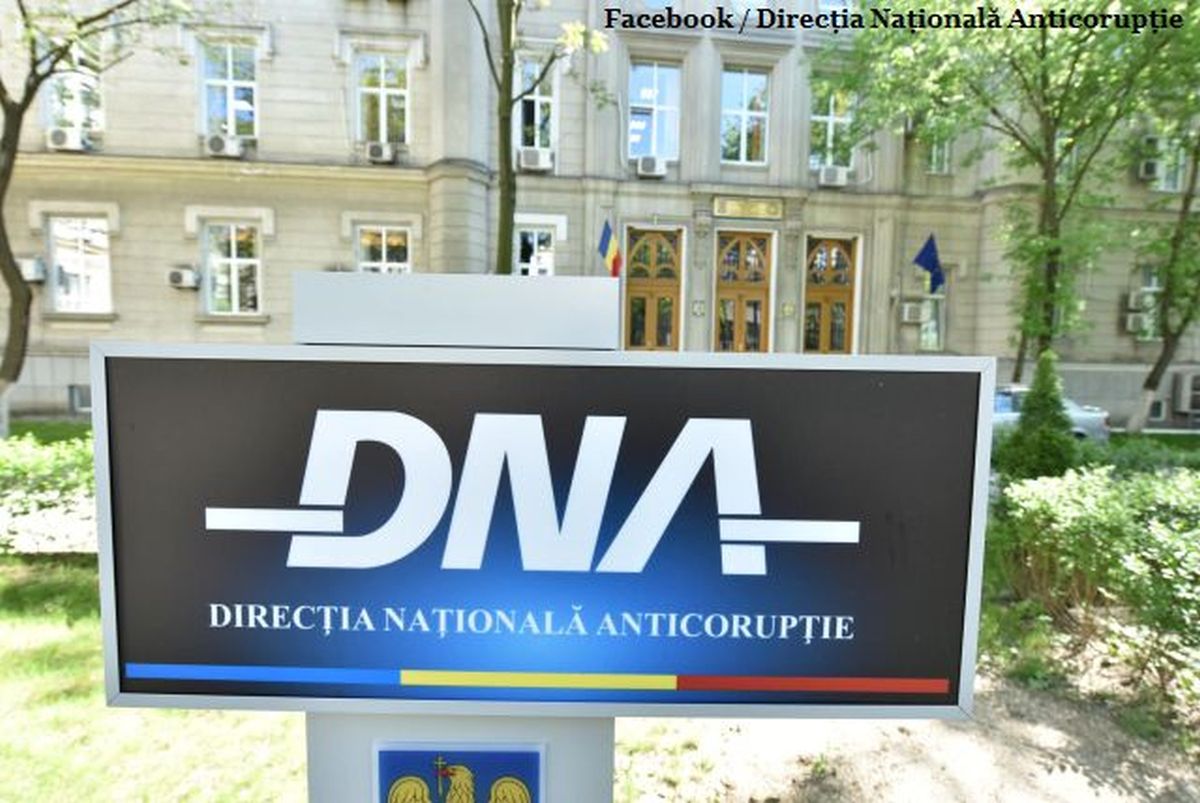Energy Cooperation at European Level
Countries in Central and Southeastern Europe need an extended energy infrastructure and the European Commission is ready to fund key projects
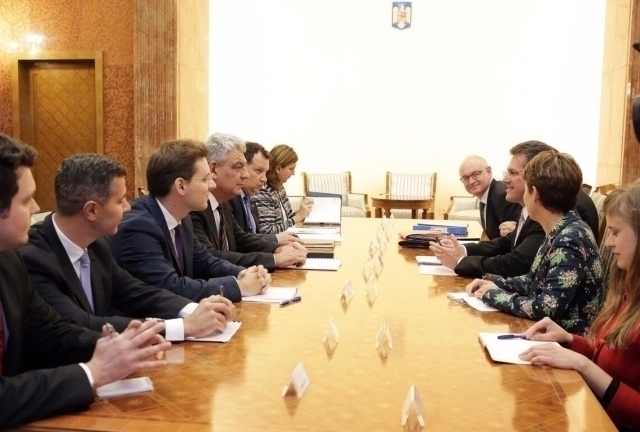
România Internațional, 29.09.2017, 13:24
EU countries must have access to at least three natural gas sources in order to be able to avoid any crisis, the European Commission Vice-President Maros Sefcovic, who is also in charge of energy and climate issues, has said in Bucharest. Together with Miguel Arias Canete, the European Commissioner for Climate Action and Energy, Sefcovic attended a meeting on the interconnection of natural gas networks in Central and Southeastern Europe.
The European Union has become highly interested in developing an ample gas supply & distribution network in this part of Europe after crisis simulations proved the region is extremely vulnerable in the case of complete gas cuts from their main and, in some cases, single supplier, Russia. For this reason, in 2015 the European Commission launched the Central and South Eastern Europe Gas Connectivity (CESEC) with a view to guaranteeing that all the countries in the region – Austria, Bulgaria, Croatia, Greece, Hungary, Italy, Romania, Slovakia and Slovenia – have access to a varied energy mix and are properly interconnected to the rest of Europe. Brussels believes that all these countries need an enlarged energy infrastructure and the community Executive is willing to fund certain key projects.
The European Commission Vice President has underlined that this is the best measure against energy shortage, which will lead to lower bills and improved environment protection. In turn, the European Commissioner Miguel Arias Canete has announced the signing in Bucharest of a memorandum of understanding aimed at enlarging the cooperation area on the market for electricity, renewable sources and energy efficiency. The EU official has explained that this is not a simple memorandum but it will comprise concrete actions.
According to the European Commissioner Canete, the existence of an electricity market in southeastern Europe means coordination in the projects of improving networks and trading agreements among the most important EU members in the region. The memorandum also comprises a list of projects to create an interconnected regional electricity market as well as specific measures to boost renewable energy sources and investment in energy efficiency in a region with a big growth potential in these fields.
One of the projects is the BRUA gas pipeline involving the participation of Romania, Bulgaria, Hungary and Austria and which, according to Commissioner Canete, is important for the community executive and has to be finalized. He recalled that last year the European Commission granted Romania a loan of 180 million euros for the projects first stage. The meeting has also seen the initialing of the Grant Agreement within the Mechanism for interconnecting Europe to the GNL terminal in Krk, Croatia. (Translated by D. Bilt)

